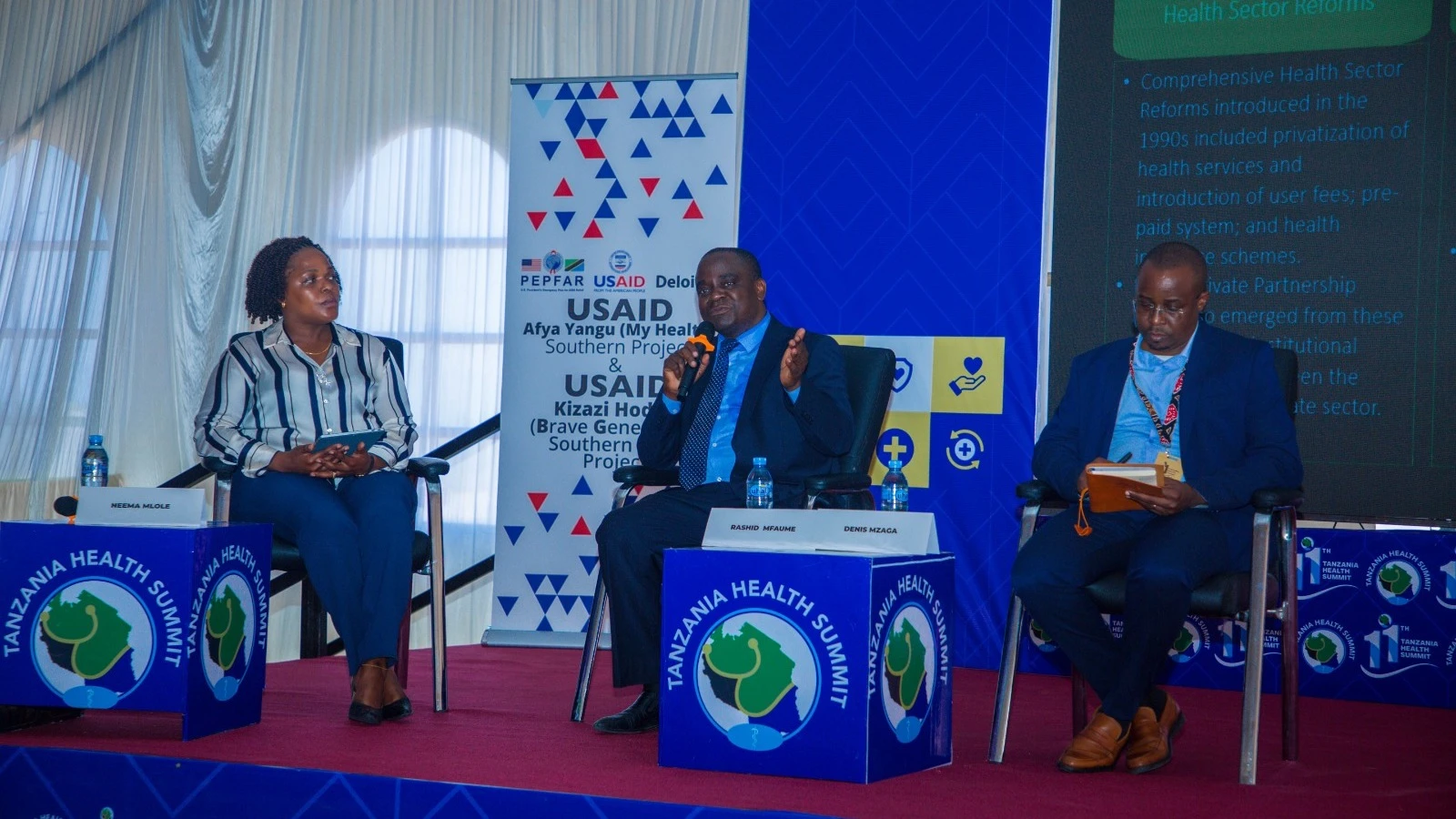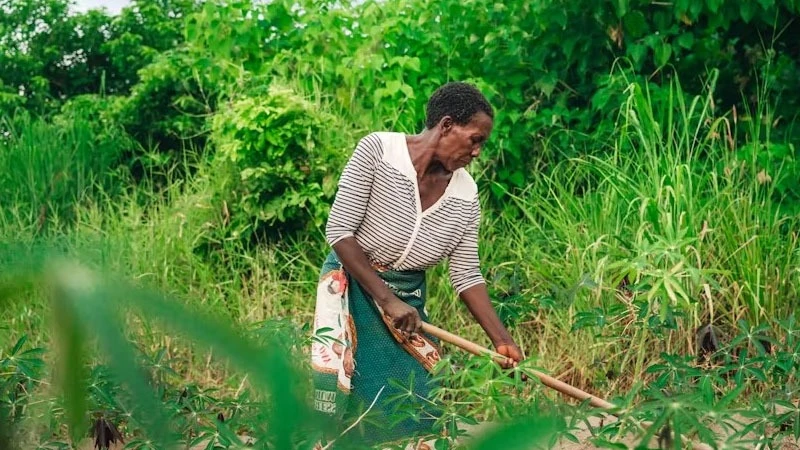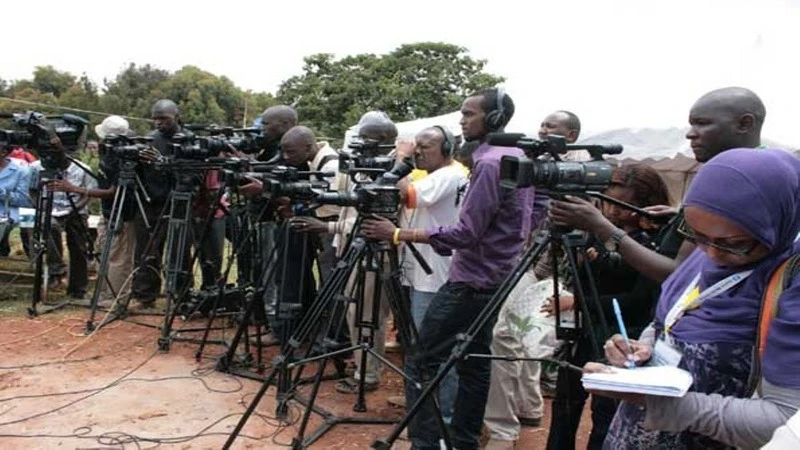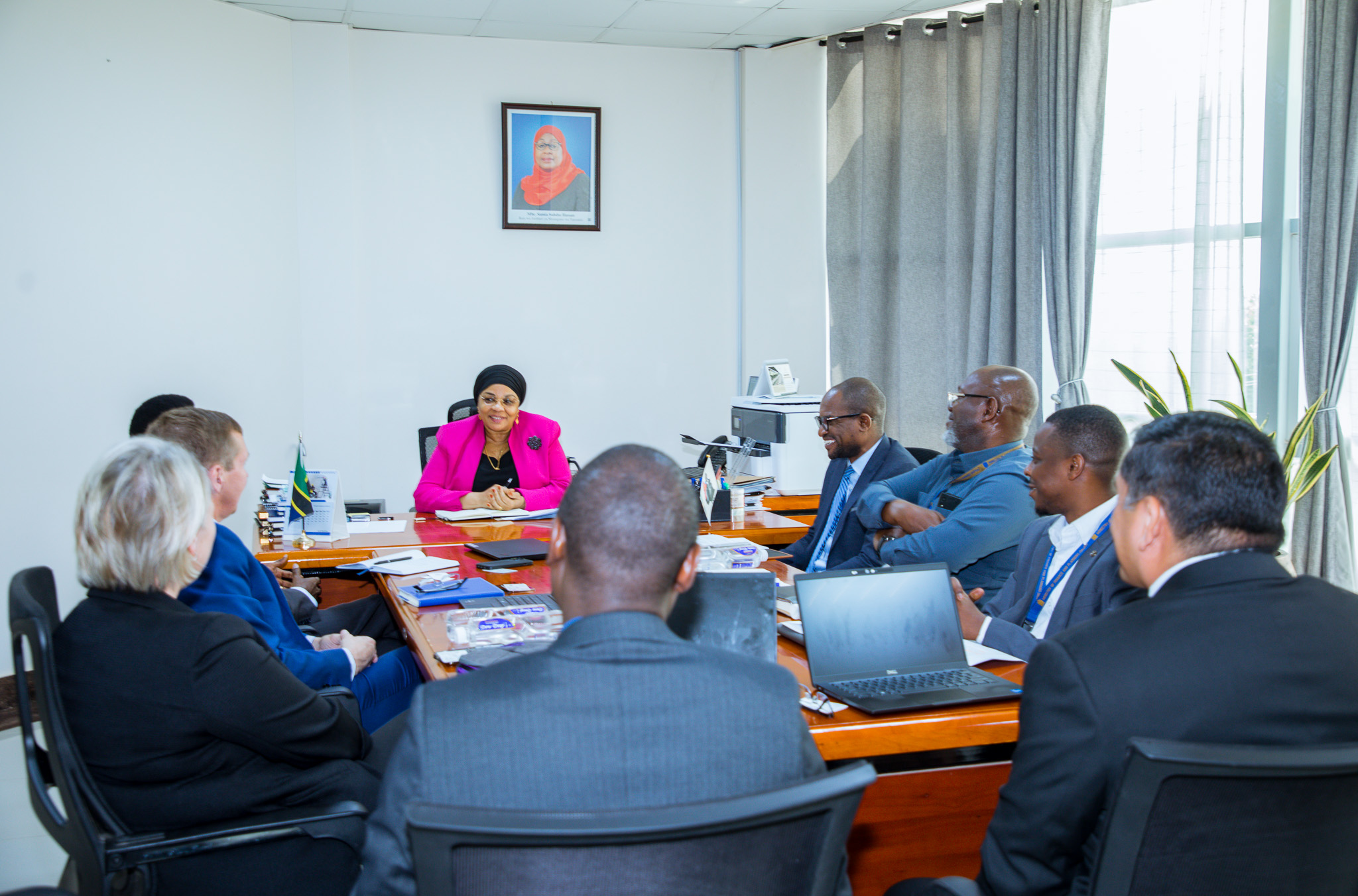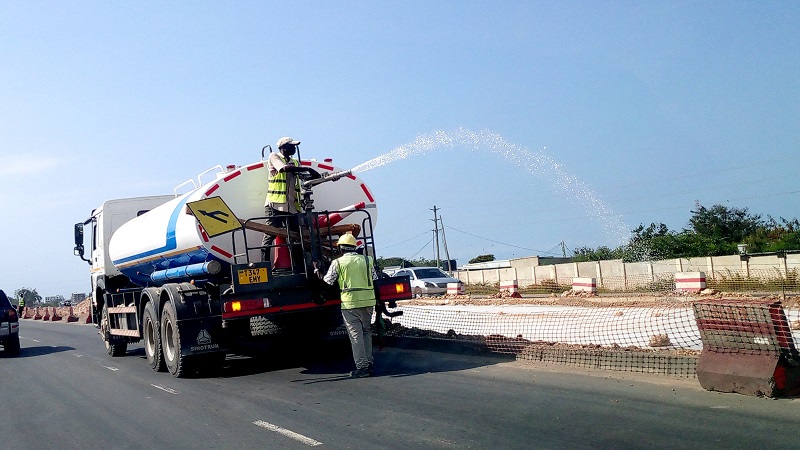Tanzania fares well in travel and tourism development index 2024
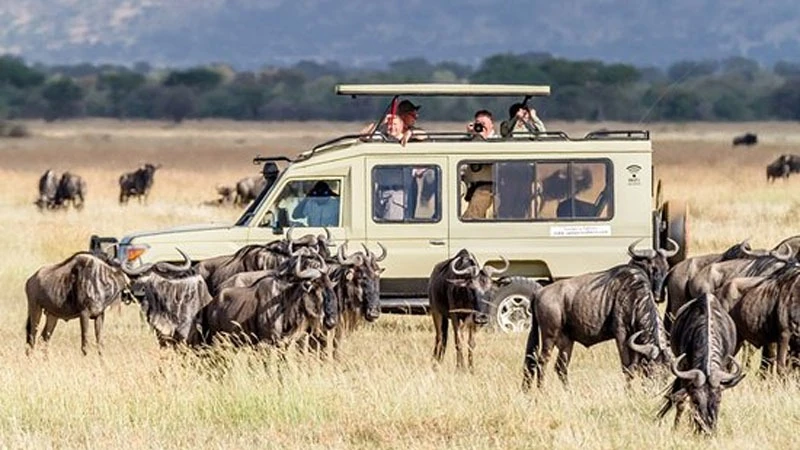
TANZANIA is ranked third in Travel and Tourism Development Index (TTDI) 2024. It is preceded by Mauritius and Kenya, both of which are ranked first and second respectively out of 19 surveyed sub-Saharan African economies, according to the World Economic Forum (WEF) Insight Report of May 2024.
In global ranking, Tanzania is ranked 81st out of 119 surveyed economies. Five economies, namely Cape Verde, Chad, Hong Kong SAR, Lesotho and Yemen are not covered in the TTDI 2024 global ranking.
Travel and tourism (T&T) development is a key contributor to the global, regional and national GDP and its growth is expected to reach pre-pandemic levels by the end of this year, thanks to a rebound in global demand coupled with rising global air route capacity and connectivity, improved international openness, and increased demand and investment in tourism-generating natural and cultural resources.
“T&T enabling conditions in developing economies continue to improve, but far more is needed to close the sector-enabling gap. Low to upper middle-income economies accounted for 52 out of the 71 economies that have improved their TTDI scores since 2019,” the report suggests.
The surveyed economies in this year’s ranking are assessed in five TTDI framework dimensions, namely 1) enabling environment, 2) T&T policy and enabling conditions, 3) infrastructure and services, 4) T&T resources and 5) T&T sustainability. The five dimensions are further subdivided into 17 pillars and 102 indicators. Overall scores are calculated from 1-7 (1 indicating worst and 7 indicating best performer).
In the enabling environment dimension Tanzania is ranked a good performer in safety and security, in the T&T policy and enabling conditions dimension is a good performer in the prioritisation of T&T, in openness to T&T and in price competitiveness.
In the T&T resources dimension Tanzania is ranked a good performer in natural resources, and in the T&T sustainability dimension is a good performer in environmental sustainability, T&T socioeconomic impact and T&T demand sustainability. In this ranking,
Tanzania did not perform well in the infrastructure and services dimension, which assessed air transport infrastructure, ground and port infrastructure and tourist services and infrastructure.
In relation to the infrastructure and services dimension, the report says air transport infrastructure and tourist services and infrastructure “are still below 2019 levels, suggesting that, despite recent growth, supply factors such as air route capacity, T&T capital investment and productivity have not consistently kept up with high demand.” Thus, it can be said that Tanzania’s low performance in this dimension reflects a global trend and not specifically domestic problem.
The top 10 economies which have improved in TTDI since 2019 include (with their scores in brackets) Uzbekistan (+7.8 percent, 94th to 78th), Côte d’Ivoire (+6.4 percent, 116th to 114th), Albania (+5.9 percent, 78th to 66th), Tanzania (+4.5 percent, 88th to 81st) and Indonesia (+4.5 percent, 36th to 22nd).
Others are Egypt (+4.3 percent, 66th to 61st), Nigeria (+4.2 percent, 113th to 112th) and El Salvador (+4.0 percent, 101st to 97th), Indonesia, Brazil (+3.3 percent, 34th to 26th) and Türkiye (+3.1 percent, 37th to 29th) joined China (+1.0 percent, 9th to 8th).
The report says sub-Saharan Africa has shown the most substantial enhancement in TTDI performance since 2019 (+2.1 per cent), with 16 out of the 19 regional economies covered by the index increasing their TTDI scores. Furthermore, it says the sector’s potential to drive socioeconomic prosperity makes it an essential tool for development.
“In 2024, the region had the highest score for T&T socioeconomic impact, with the T&T industry in Africa generating, on average, over 21 per cent more jobs for each direct position than the TTDI mean, and with an average of over 43 per cent of the sector workforce employed in segments that are considered relatively high wage.”
This upward trend, according to the report, is likely to continue, thanks to unilateral and multilateral strides in policies expected to encourage cross-border travel and trade like the African Continental Free Trade Area (AfCFTA), the Free Movement of Persons Protocol and Single African Air Transport Market, and drive currently low levels of intraregional connectivity.
“Encouraging environmental sustainability to protect valuable tourism-generating nature assets, developing tourist service infrastructure and greater promotion and protection of cultural resources also need to be prioritised in the years to come,” the report says.
Accordingly, the WEF Global Future Council (GFC) on Sustainable Tourism recommends the prioritisation of nature conservation and the utilisation of a regenerative model involving stakeholders like destination managers, tour operators, local businesses and visitors. “Governance based on science and traditional environmental knowledge develops climate resilience. Conservation, restoration and regeneration principles, taking into account habitat carrying capacity, are crucial.”
The WEF suggests that TTDI 2024 informs policies and investment decisions related to the development of T&T businesses and the sector as a whole and offers unique insights into the strengths and areas for improvement of each country to support their efforts to enhance the long-term growth of their T&T sector in a sustainable and resilient manner.
Top Headlines
© 2024 IPPMEDIA.COM. ALL RIGHTS RESERVED













